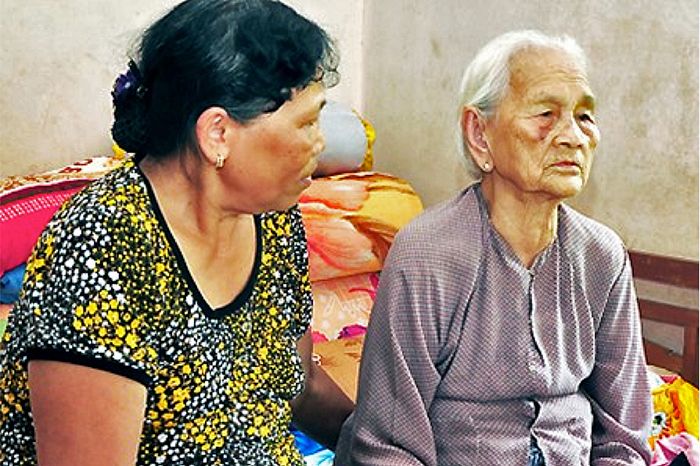HSBC recently released its 2017 Expat Explorer Survey, awarding Vietnam with the 30th spot, down 11 spots from last year. The survey takes a number of aspects into account such as career, local economics, community, lifestyle, and the intricacies of relocating with a family.
With roughly 82,000 expats living in Vietnam, it is clear there is still an attraction. When it comes to financial security and savings, foreigners in Vietnam reported earning on average around US$88,000 with 36% of people saying that their income has increased 25%. A large majority (72%) of expats reportedly save more money since moving to Vietnam and still have more disposable income than they did in their home country.
While the HSBC survey suggests that the two most common reasons for the savings are retirement (37%) and purchasing property (29%), only 18% of expatriates own property in Vietnam. This makes sense, as foreigners have only been able to own property since July 2015. However, it is still lower than the global average.
Overall, it appears foreigners living in Vietnam also spend their disposable income on travel experiences, with 48% of expats claiming to take more holidays now than they did back home, and 46% reporting domestic help for work related tasks to childcare, cleaning, and security. Finally, 42% of expats in Vietnam are enjoying annual trips home on the company budget. This is double that of the global average.
So why then the 11 spot drop on the list? The survey’s data shows that the average income for expats sunk 14.5% since last year, which puts it lower than the global level.
Only 28% of expats report a better quality of living in Vietnam than in their home countries. Many experience difficulties setting up banking, organizing healthcare, and filing taxes. Feelings regarding the quality of domestic help also seem to be mixed, with only about a quarter of people agreeing that childcare in Vietnam is better than in their home countries.
Sabbir Ahmed, head of Retail Banking and Wealth Management at HSBC Vietnam, said that the survey suggests areas for improvement to make Vietnam more attractive to expats.
“It is clear that expats expect a better early experience in organizing their finances and healthcare, as well as an advantageous environment to bring up their children,” he said in a statement.
Despite the drop in position on the survey, the majority of expats in Vietnam say they are confident in the country’s economic growth and stability.
Singapore took the top spot for the second year in a row, followed by Norway, New Zealand, Germany, and Netherlands.
[Photo via Thanh Nien]














